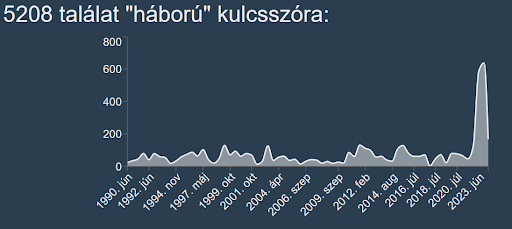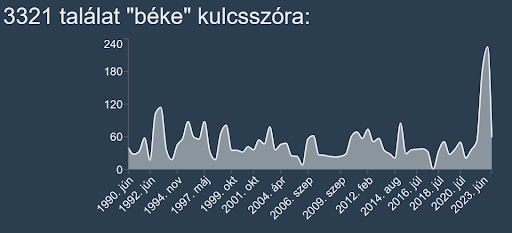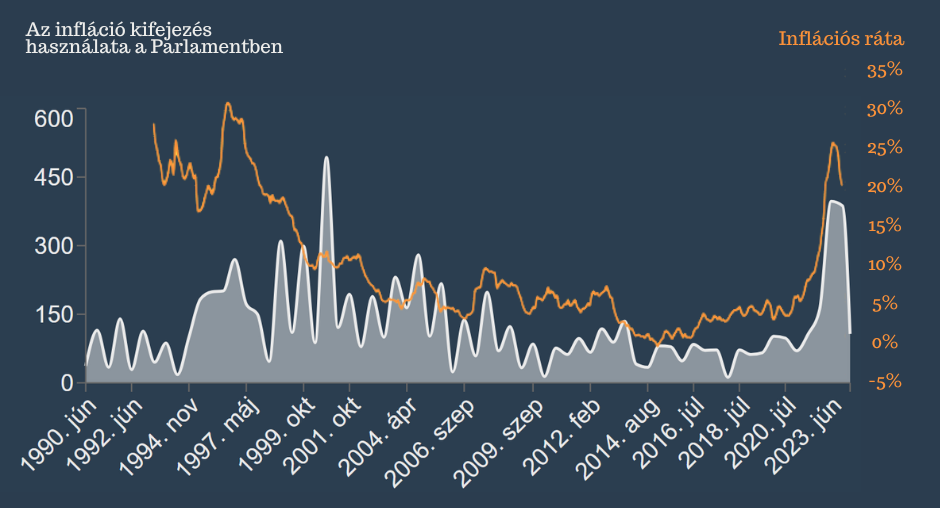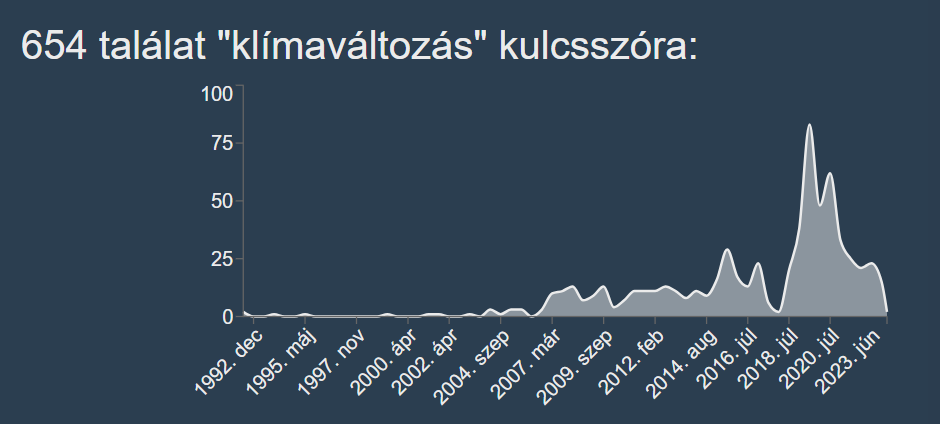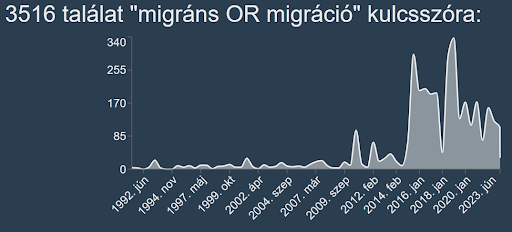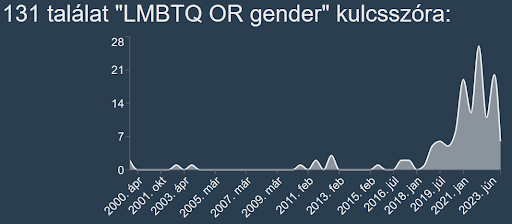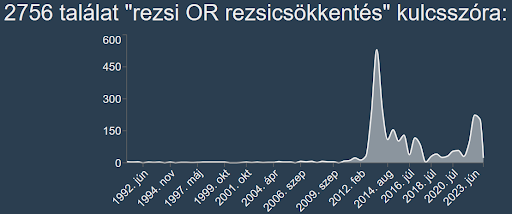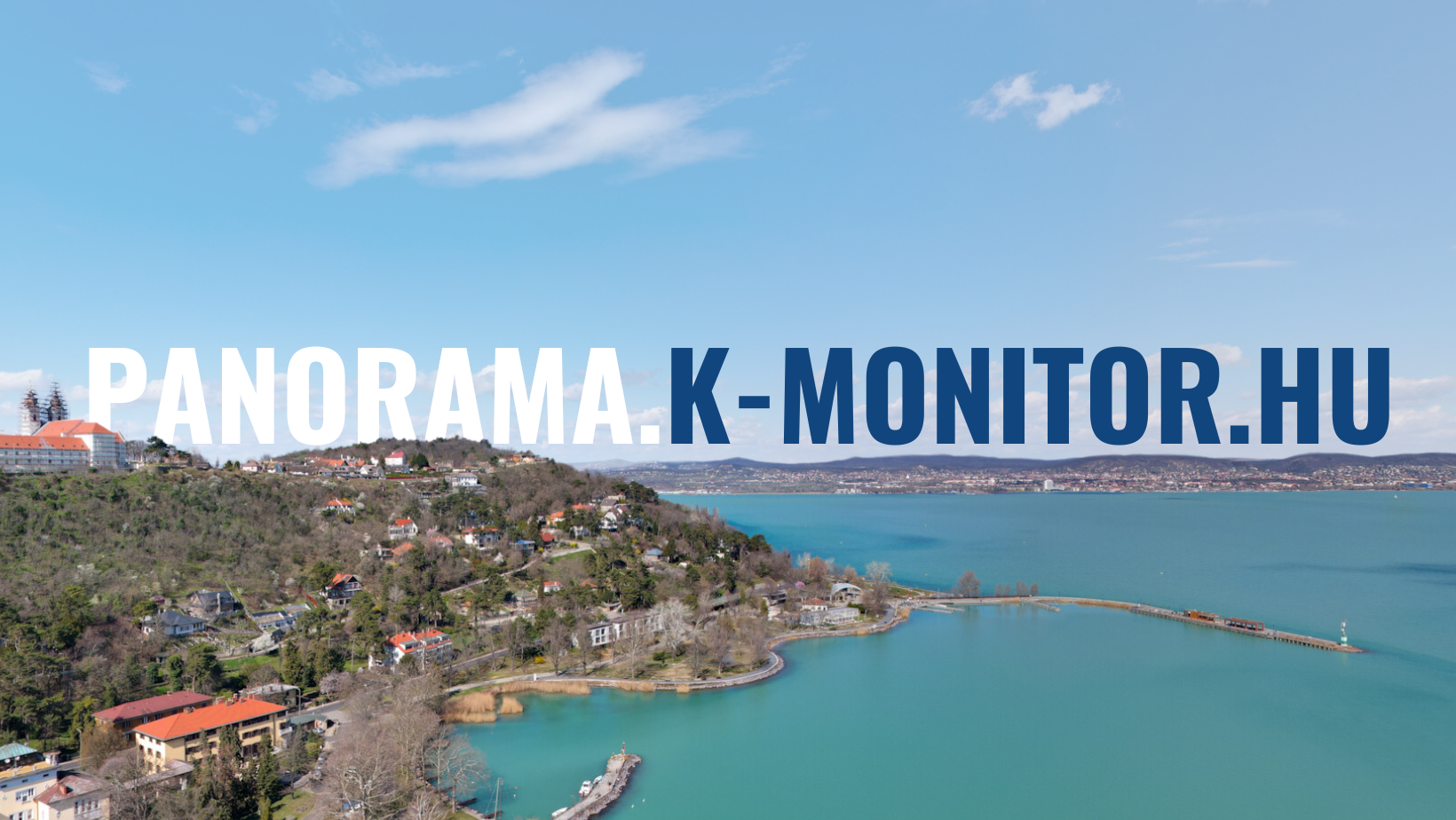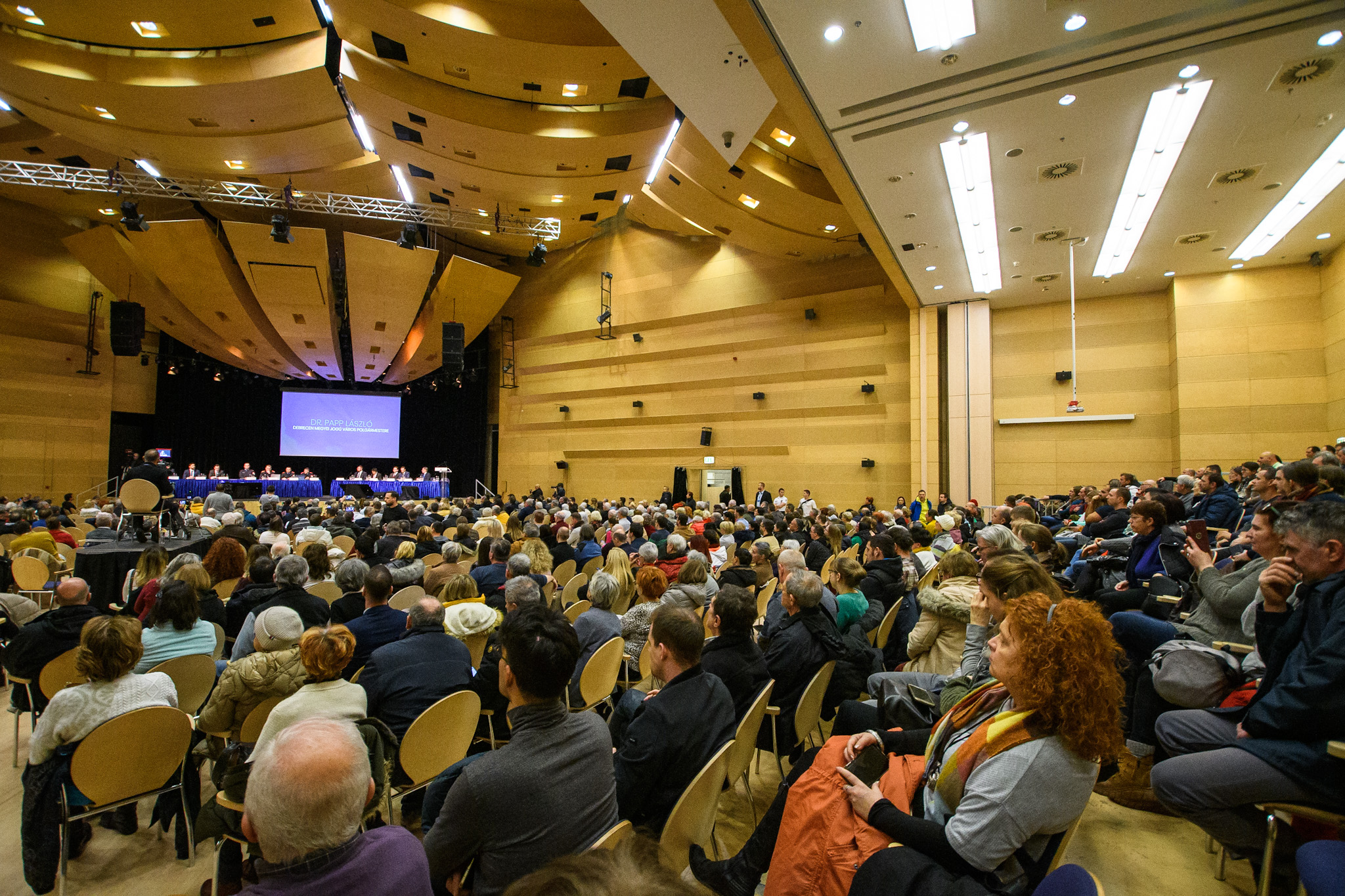The collaborative research project of K-Monitor (Hungary), Oživení (Czechia), Sieć Obywatelska Watchdog Polska (Poland) and Funky Citizens (Romania) started in July 2021 and has concluded now after 2 years of work. The main objective of the project was to better understand how the Covid-19 pandemic has affected local democracy and municipalism in Central and Eastern Europe and to disseminate lessons learned on how to enhance democratic resilience in times of crisis. In fact, the scope of the project evolved over time along with the changing circumstances, as the pandemic gave way to an overlapping democratic, economic and security crisis in 2022-2023.
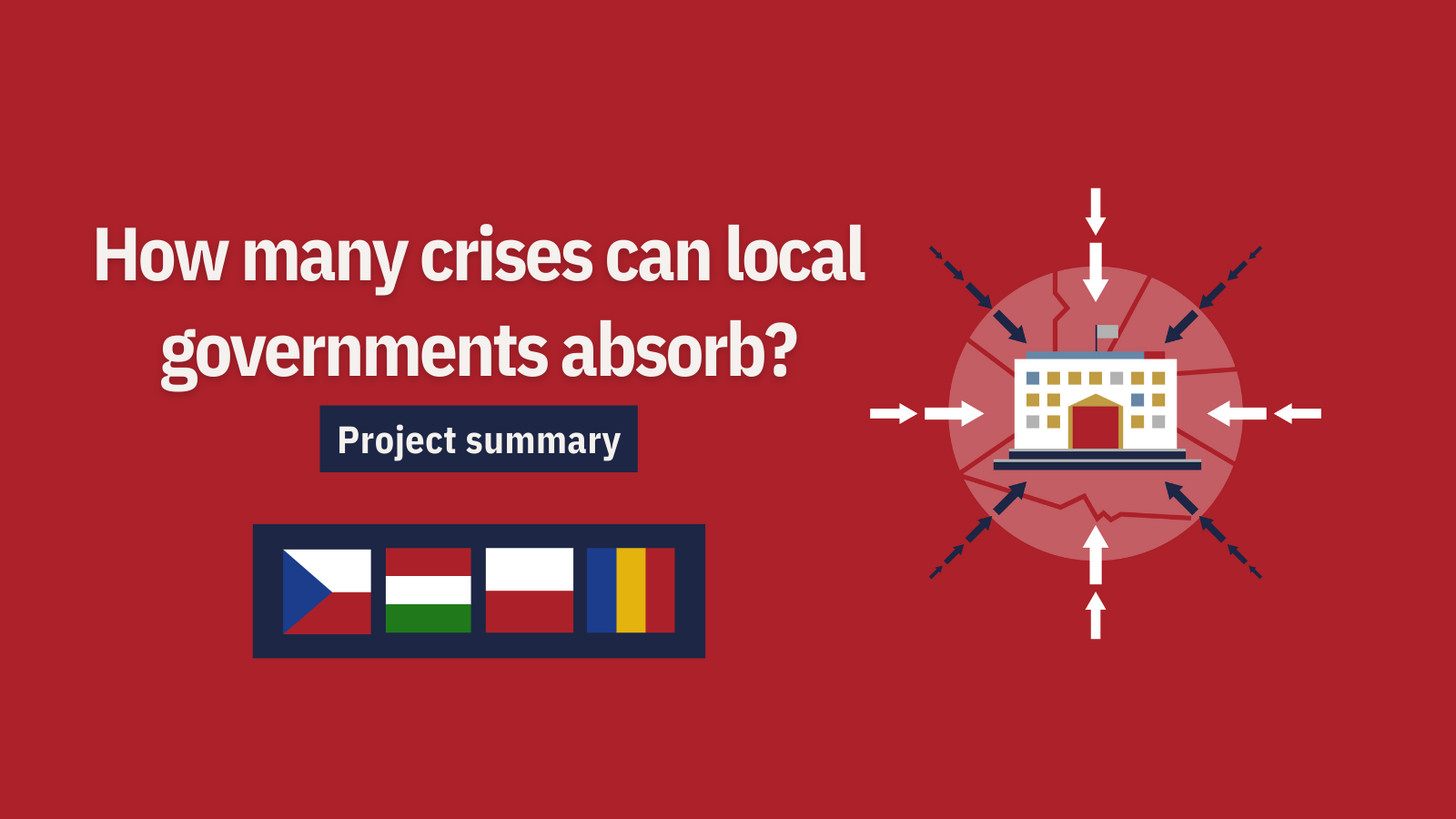
Prelude to crisis
The municipal systems created in Czechia, Poland, Romania and Hungary after the fall of the socialist regimes were founded on fundamentally similar concepts of self-governance. Decentralization processes (devolution) were crucial elements of the democratic transition in the 1990s. Accession to the European Union in the 2000s primarily provided new funding opportunities for the modernization of municipalities in the region without affecting the division of power between the local and central levels. The additional project-based funding was not accompanied by further democratization, in fact it introduced a new type of dependency, where national governments could focus spending on covering the operational costs of municipalities and larger investments were dependent on the availability of EU money. The concept of project- and task-based funding as opposed to normative funding was strengthened even as cities and villages achieved highly visible development in the region after the EU-accession.
In Czechia and Romania, a moderate and organic process of devolution continued with local governments gradually securing more autonomy in the 2010s. In Hungary and Poland however, after 2010 and 2015 respectively, the process of decentralization was reversed and with different tools and methods the national governments attempted to increase the dependency of municipalities. The preference for centralized decision-making is usually supported by claims for higher efficiency, but critics of the trend in these countries point out the way this limits the opportunities of opposition parties to garner popular support at the local level through showcasing good governance.
In terms of democratic engagement at the local level a dual trend has emerged by the end of the 2010s, start of the 2020s. Voter turnout in local elections continued to shrink, local issues were increasingly crowded out in the news cycle due to local newspapers losing ground and citizens turning to social media and to larger, national and international news outlets, creating local information deserts. These trends have weakened the democratic embeddedness of local governance. At the same time, global issues such as climate change are integrated into local urban movements, there is a proliferation of participatory methods and municipalities display higher willingness to implement innovative democratic solutions to engage civil society organizations as shown in our previous research project. Such efforts showcase the enduring importance of local governance as a platform capable of democratic initiative, with progressive, democratic movements also often gaining representation and growing from there to challenge the status quo in times of political crisis. Municipalities in this regard represent a potential to counterbalance the democratic backsliding in the region (most explicit in Hungary), but due to the described uneven development, local governments have limited opportunities to act on this potential.
Thus, the cumulative crises of the 2020s found municipalities in a situation, where they had still retained enough public trust and autonomy to potentially evolve into vanguards of democratic renewal, but persisting trends would result in a more complete loss of relevance. The stakes remain the same, but our research shows how the past three years of detrimental processes brought local governance to an even more precarious position, especially in Hungary and Poland.
State of crisis - government responses to pandemic and war
The focus of our research was how local autonomy was impacted by both administrative and financial constraints introduced by the cumulative crises between 2020 and 2023. While each country implemented hundreds of emergency measures and introduced new legislation, we have monitored and summarized the measures that had a direct impact on the degree of local government autonomy.
The participating civil society organizations monitored the changing emergency legislation in their respective countries, showing that all four countries introduced some form of state of emergency. The formulation and use of various state of emergencies was subject to criticism in each country. The criteria for extension often was not specified, oversight or ex-post accountability measures were not introduced. The most oversight was exercised in the Czech Republic, where the extension of the state of emergency during the pandemic was re-evaluated every 30 days, with Parliament (Chamber of Deputies - the lower house of the Czech Parliament) approving the extensions and even regional governors and mayors getting a say in the debate. Poland and Hungary took different routes but to similar effect. Hungary used the so-called “authorization” acts to expand the emergency powers of the central government even beyond what is granted in the Fundamental Law (Constitution), while Poland opted for a state of epidemic (later a state of epidemic risk) that allowed the government to sidestep constitutional restrictions. In Romania, a shorter state of emergency was followed by a state of alert, but both still attracted criticism due to measures limiting transparency, freedom of information and social dialogue.
While all countries introduced emergency measures in response to the war in Ukraine, their direct impact on local governance was limited. First of all, only Hungary introduced and still maintains a general state of danger (a variation of the state of emergency, that required a modification of the Constitution) that has upheld the government’s right to rule by decree continuously since the pandemic. The Hungarian government has been repeatedly criticized for introducing government decrees under emergency procedures, even when they have nothing to do with managing either the pandemic or the war-related crisis-situations. Czechia also introduced a state of emergency in response to the war (that was however clearly related to the reception of refugees as opposed to Hungary, where the reasoning is obscure), but it ended only after a few months in effect. Romania and Poland introduced no similar general legislation, instead the responsive measures focused on specific threats or needs the country faces. Overall, only Hungary references the war to grant the central government emergency powers, while Poland relied on pandemic-related legislation to expand the rights of the government in certain areas. In general, the war-related emergency measures had fewer implications for local governance than the pandemic-related changes.
|
Pandemic (state of emergency)
|
War in Ukraine
|
CZ
|
2020 Mar - 2020 May
2020 Oct - 2021 Apr
2021 Nov - 2021 Dec
|
2022 Mar - 2022 Jun (emergency)
|
HU
|
2020 Mar - 2020 Jun
2020 Nov - 2022 May
|
2022 May - 2023 Nov (state of danger)
|
PL
|
2020 Mar - 2020 May (epidemic)
2020 May - 2023 June (epidemic risk)
|
2022 Feb - 2023 Aug (security alert level BRAVO and CHARLIE-CRP)
|
RO
|
2020 Mar - 2020 May
2020 May - 2022 Mar (alert)
|
(only individual emergency measures)
|
State of crisis - enduring structural pressures
In our regional study, we have shown how the states’ response to the crisis situation favored centralizing certain competences and resources, while providing compensation and assistance to local governments on a case-by-case basis. The centralization of competences posed diverse challenges in the different countries, but the issues surrounding financial resources showed similar patterns, only to different degrees. Common experience of municipalities across the countries included rising costs due to crisis management coupled with the threat of falling tax revenues as a result of reduced economic activity. The budgetary fallout was compensated by the national governments through discretionary funding mechanisms (except for Czechia) conducive to partisan lobbying. Econometric analysis indicates that in Hungary, having a mayor from the opposition cost on average HUF 2.25 billion (EUR 6.2M) for cities, earning the suggestion that austerity measures are now deployed in Hungary as a part of the autocratic toolbox of the government. By comparing the national contexts, we highlighted the importance of a decentralized public administration in resisting centralization efforts and thus resulting in a more transparent and just crisis management. Illustrating the resilience of a more decentralized public administration, Czech municipalities emerged from the crisis with a very different financial outlook compared to fellow regional municipalities: by the end of the first quarter of 2023 the whole municipal sector had the highest budget surplus since 2013, while the corresponding debt decreased from 2022.
In addition to the key take-aways of our research, the periodic review of crisis management policies offered some insights on the depth of effective partnership of the national and local governments. None of the countries offered evidence of the national governments including local governments in the development of emergency measures during the pandemic. Formal channels for ex-post consultation were the most accessible in Czechia, where territorial data on the incidence of COVID-19 were made available for local authorities on the basis of an agreement between the Ministry of Health and the Union of Towns and Municipalities (in August 2020). Similar data was not provided for Polish and Hungarian municipalities, and only after a successful campaign by NGOs were they made available for the Romanian public. Polish sub-national actors were more successful in fighting for their inclusion during the drafting process of the National Recovery and Resilience Plan (in order to access funding from the new EU mechanism, the Recovery and Resilience Facility). Romanian and Czech local governments were included in the RRF-process only beyond the initial drafting phase and in a fairly de-politicized manner. Overall, project participants saw a lack of willingness and initiative from each national government to include sub-national actors in the management of the crisis, despite their potentially invaluable contributions as the actors closest to citizens. Existing tradition and practice of cooperation between municipalities or NGOs proved useful in enforcing a certain level of partnership as opposed to political environments with fragmented local interests and lack of regular collective action, like in Hungary.
During our research project we saw that even with the end of the pandemic, structural pressures on local governments have not been alleviated. After having learned how to manage a health crisis at the local level, many municipalities had to accommodate Ukrainian refugees fleeing the war in early 2022. Later, in the summer and autumn of 2022, local authorities were kept in uncertainty about how they would be able to afford energy over the winter of 2022/23 with skyrocketing prices. Inflation over the past year has placed additional financial strain on municipalities, as the costs of both material and services (e.g. construction-related investment projects) increased, while wages also had to be adjusted.
The central governments’ responses have been uneven, but the general pattern carries on from the pandemic: resource management is increasingly centralized in the face of crises and funding decisions for municipalities are made in a discretionary and usually obscure way, with no clear award criteria attached. The relative share normative, task-based funding from the government for local governments, as well as the share of own resources (tax revenues) has been decreasing in each country, making municipalities more and more dependent on lobbying for limited government funds for both crisis management, daily operation and their investment projects.
Some deviation from this pattern can be observed in relation to the reception of Ukrainian refugees. The administrative tasks and procedures making it possible for large numbers of Ukrainian refugees to settle down were taken at the central level in each country and funds allocated mainly for state agencies. However, governments mostly ignored that both civil society and municipalities have taken on their share of additional burdens - especially related to the everyday experience of integration. In Czechia and Hungary, municipalities at least could apply for a per capita reimbursement after accommodating Ukrainian refugees, but in Poland funds for accommodation and food had to be provided by the regions (voivodes), while the Romanian government “generously” allowed municipalities to tap into their own emergency reserves for such tasks. The refugee crisis did not impact municipalities significantly in an administrative sense, nonetheless it did introduce new tasks for local authorities, which were not remunerated - placing additional burden on often already overwhelmed social care services.

Increased energy prices over the winter of 2022/23, inflation and losses in local tax revenues provided further opportunities for governments’ to provide compensation in a way that supported their political aims. As mentioned in our study, Romania used the Emergency Fund, while Hungary and Poland used a variety of local investment funds for this purpose. Additionally, in Hungary, the overhead cost compensation was overtly biased towards Fidesz-led cities. Comparatively, the Polish amendment of the budget bill to allocate PLN 14 million for local governments is more ambiguous in its support for poorer municipalities, where support for the PiS-government is expected to be higher.
Record-high inflation in the region and the end of the era of cheap liquidity for countries means that central budgets might also face austerity measures, which would inevitably impact municipalities as well. In Hungary for example, the draft budget for 2024 does not foresee any increase to municipal funding. The case of Czechia is even more telling, where proposed changes to shared taxes include a decrease in the shares of municipalities and regions in the revenue of the income tax and real estate taxes. Municipalities continue to be dependent on their respective governments, but with national budgets also constrained, the risk of increasingly obscure and politically biased funding decisions increases ahead of local elections in both Poland, Hungary and Romania in 2024.
EU funds may alleviate some of the pressure, even if it does not directly compensate for increased operating costs, it takes the pressure off the national budget for local development projects. However, Poland and Hungary have no access to EU funds as of the end of June 2023 and have to pre-finance significant shares from the national budget. Conversely, by the end of June 2023 Czechia had received EUR 1.84 billion from RRF and Romania had accessed EUR 6.35 billion in grants and loans from the facility.
What we have seen over the past few years of cumulative crises is a depletion and (sometimes deliberate) erosion of municipal resources and capacities. During a crisis, centralized decision-making is arguably necessary, however the periods of centralization were not followed by decentralization (and it does not look like there is any intention in this regard). This means that while municipalities are faced with increased operating costs and lower share of tax revenues, they are still expected to perform additional crisis management tasks. These developments fundamentally undermine the sort of resilience of local governance that proved essential in responding to the Covid-19 pandemic as well as reduce the space for meaningful local democratic engagement.
State of crisis - the future of local governance
During our two-year long project, we have also explored the development of local democratic conditions, and have discovered the erosion of democratic resilience in various policy areas. In anticipation of future crisis scenarios, we believe it is important to devote attention and resources to reinforcing the structures of local governance.
One such area, the importance of which was highlighted by the crises, is the transparent communication of authorities and their ability to effectively explain their decisions. A fundamental element of democratic resilience is the trust between the citizens and the administrative institutions, which is especially true at the local level.
Funky Citizens recommends having in place a robust and transparent communication framework specifically for crisis situations, including both national and local authorities: “In an emergency, the need for swift decision-making is crucial, but it should not come at the cost of transparency and the public's trust. A proper framework should include clear, timely, and open communication with the public about the situation and the measures being taken. This could involve regular press conferences, real-time updates through official websites or social media, and accessible platforms where citizens can pose their questions or concerns.” Complementing this recommendation, Watchdog Polska draws attention to the importance of bottom-up pressure for inclusion in decision-making. One of the lessons learned over the pandemic was that even the same general legislative framework can result in a wide variety of policies at the local level. Empowering local civil society to appeal directly to decision-makers and push for more inclusion and transparency is an effective way to enhance democratic resilience even in a global crisis.
Furthermore, Watchdog Polska highlights the intersection of digitalization and transparency as an area that should be given due attention in the near future with regards to local governments. Their experience in legal counseling shows barriers not just in accessing information, but also in accessing data on information requests. “These problems could be remedied by accelerated digitalization – it could not only make it easier for local governments to share information, but also make it possible to analyze this data by other entities.” They also conclude that it will be more difficult to assess the effects of the government’s centralization efforts without robust, local level public information resources.
Communication and the access to reliable information is at the heart of recommendations from Oživení and K-Monitor as well. Without a robust local media market, public funds flow to private publishers who are directly linked to municipal leaders and tailor content to their requirements. Coverage at the local level is minimal, with most media outlets acting as PR tools for town halls. This situation is further exacerbated in Hungary, as the media capture of the government resulted in all the regional newspapers publishing the same, government-commissioned news. Oživení suggests introducing new media legislation in Czechia as well as improved supervision by authorities in order to ensure public access to objective local information. In Hungary, K-Monitor believes that only improving participatory methods and thus investing in direct communication between citizens and authorities will yield higher and more sustainable trust in local governments. Recent government action in Hungary undermining local partnerships includes new legislation which allows municipalities not to organize the traditional yearly public hearing of city and county councils - in the case of the special economic zone of Göd, the opportunity is already utilized by the county council to only consult citizens through 3-minute long voicemails.
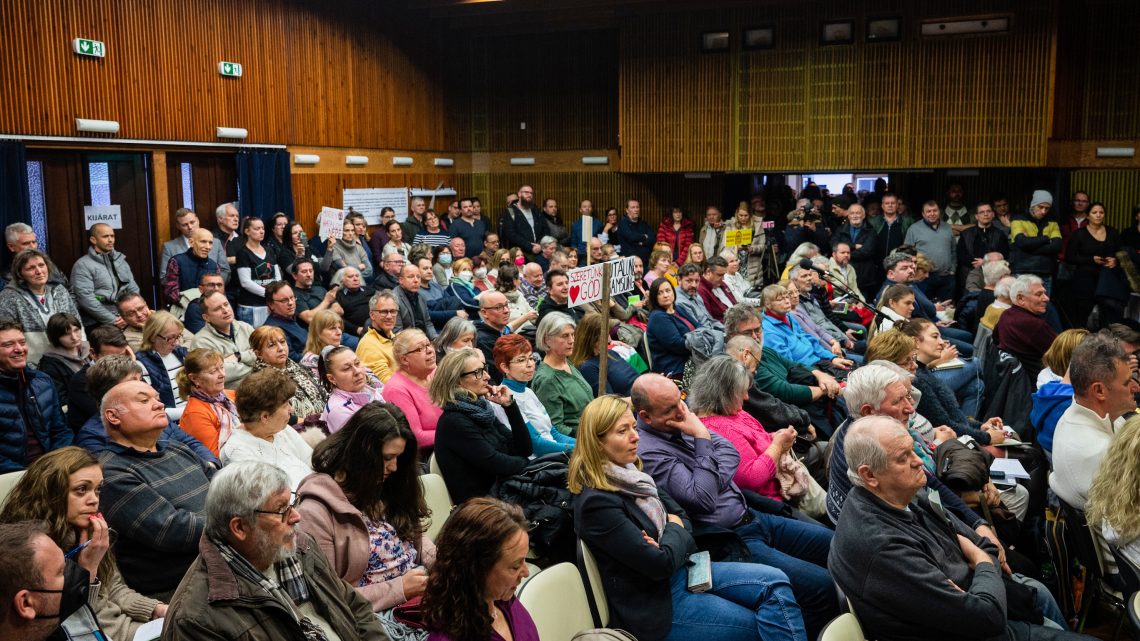
In 2024, local elections will take place in Poland, Hungary and Romania, while Czechia will see regional (and Senate) elections. All project participants believe that these elections will be dominated by questions of physical and economic security. As such, matters like centralization of governance and politically biased funding decisions, transparency and participation may take a backseat nominally. However, the perceived performance of local governments will be fundamentally informed by the years spent with crisis management and the reduced investment opportunities due to financial hardships, so the full impact of these “times of crises” on local governance will be possible to assess.
Participants of this project agree that it will be important to study the developments of local governance in light of the public’s verdict in next year’s elections. As the municipal system is highly fragmented in Czechia and more than 6000, mostly small municipalities are faced with global challenges, Oživení believes that the question of their effectiveness might be raised in the near future. In Romania, despite a 25% population loss, the political landscape has remained largely unchanged, pointing at entrenched power structures. Funky Citizens suggests it will be important to study the interplay between demographic changes and representativeness of the electoral map, as well as assessing the impact of the increasingly centralized resource management on local election results based on the experiences of Hungary. In Hungary and Poland, a significant question during the 2024 elections will be whether voters will vote for more “compliance” with the regime at the local level in exchange for more financial resources or, if other factors will determine local electoral behavior.
Three years of crisis - a summary
Our research project has shown how ad hoc decisions instead of systemic solutions have become the modus operandi for Central and Eastern European governments over the past few years. They showcase a high willingness to declare states of emergency to respond to crises, but also as a way to maintain and consolidate political control. This has especially become a default tactic in Poland and Hungary that looks set to continue. The trend of distributing funding to municipalities based on tasks or projects through discretionary decision-making instead of providing normative funding increases the dependency of local governments on the central level and incentivizes participation in clientelistic lobbying at the expense of democratic accountability.
If local governance is to retain its relevance in the region, a new wave of decentralization is needed reflecting the lessons learned in crisis response good practices. The EU as an important arbiter through its significant funding of local investments should prioritize the partnership principle and support sub-national authorities in becoming more resilient towards both future crises and government attempts at limiting their autonomy. Failing to do so could encourage other governments to follow the example of Hungary in hollowing out the notion of local self-governance.
The study is edited and published by K-Monitor (Hungary) in partnership with Oživení (Czech Republic), Sieć Obywatelska Watchdog Polska (Poland) and Funky Citizens (Romania). The research project was supported by the National Endowment for Democracy. The views and opinions expressed in this report are those of the authors and do not necessarily reflect the official policy or position of the National Endowment of Democracy.




